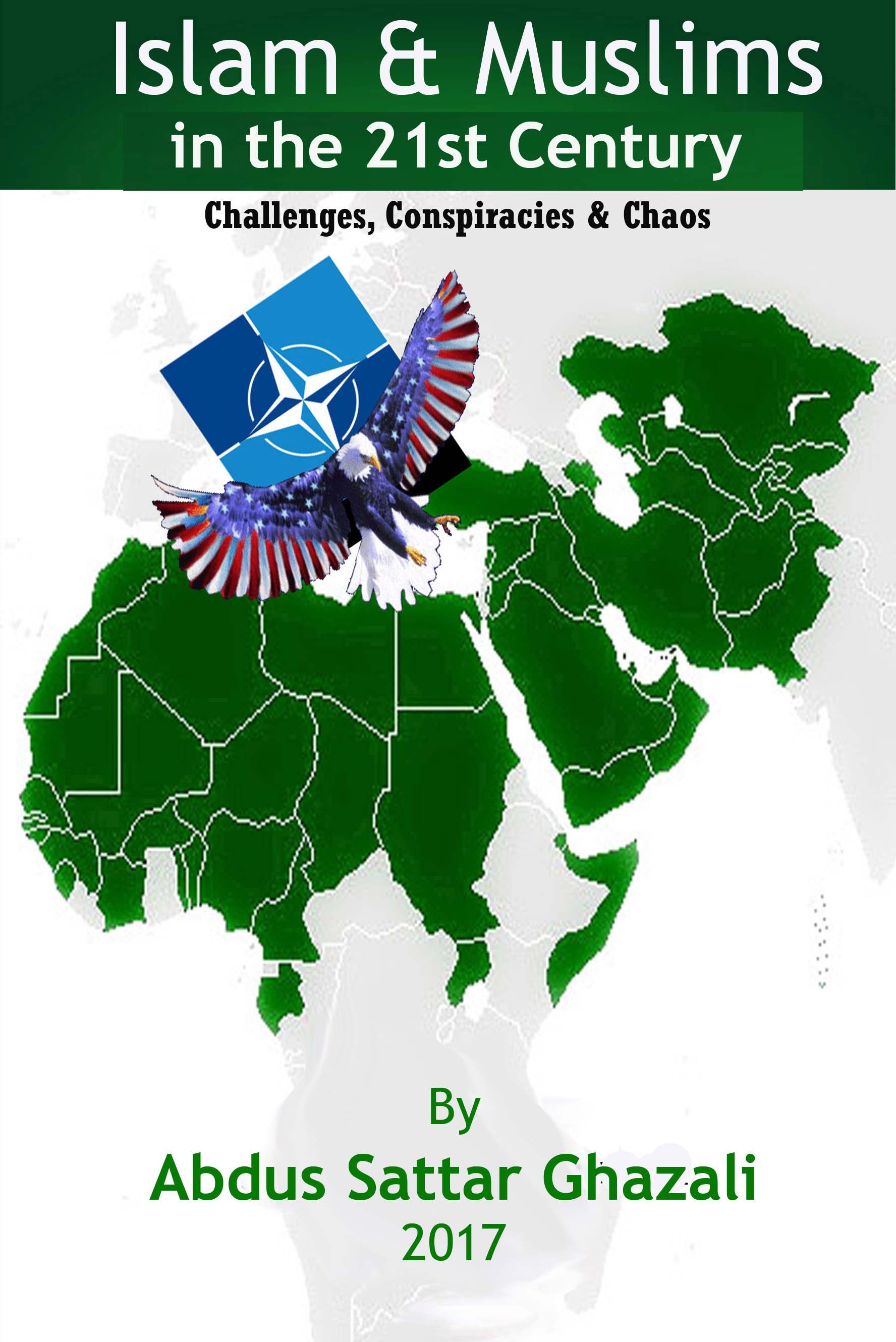July 14, 2020
Iran expels India from strategic Chahbahar railway project
as China-Iran finalize $400 billion deal
By Abdus Sattar Ghazali
India was kicked out of key Iran railway project as China finalizes a $400 billion deal with Iran. Iran said that India was delaying funding.
The unexpected development comes four years after the two sides had reached an agreement to construct the 628 km rail line along the Iran-Afghanistan border.
Iran's decision to cancel India's participation in the project is coming in the backdrop of a fast-moving strategic deal with China. China and Iran are giving final shape to a colossal partnership package worth $400-billion, to be spread over the next 25 years.
Iran's 1350-Kilometer eastern railway is strategically important Iran that will connect Chabahar, Iran's only major port on the Indian Ocean, to Afghanistan and Central Asia with a potential to carry seven million tons of goods per year.
The $1.6 billion contract for the railways was signed during the 2016 visit of Indian Prime Minister Narendra Modi to Tehran.
India would have circumvented Pakistan and export its goods to Afghanistan and Central Asia via Chabahar.
According to the Hindu, "Last week, Iranian Transport and Urban Development Minister Mohammad Eslami inaugurated the track-laying process for the 628 km Chabahar-Zahedan line, which will be extended to Zaranj across the border in Afghanistan.
Officials told the Hindu that the entire project would be completed by March 2022, and that Iranian Railways will proceed without India’s assistance, using approximately $400 million from the Iranian National Development Fund."
The Hindu added that "the development comes as China finalizes a massive 25-year, $400 billion strategic partnership deal with Iran, which could cloud India’s plans."
US SANCTIONS
The Hindu also pointed out that U.S. sanctions may have also contributed to pushing India out of the project.
The report added that despite surveys made by Indian engineers, the Indian Tracks Company did not take measures to start the project fearing the consequences of U.S. sanctions.
The daily quoted an Indian official as saying the United States has granted sanction waiver for this project, but under the sanctions, the Indian company found it difficult to supply equipment for the project. Nevertheless, the company says it might join the project again later.
CHINA FACTOR
The Economic Times opined that "Iran's decision to cancel India's participation in the project, coming at the backdrop of a fast-moving strategic deal with China, could soon whip up a storm in diplomatic circles.
The New York Times has reported that China and Iran have prepared a far-reaching commercial agreement that would offer Iran $400-billion in investment over 25 years in return for selling China a large proportion of the oil it produces over the same period.
Though the agreement has not been finalized or acknowledged publicly, the document the Times has is marked “final version,” indicating that it has been fully negotiated and vetted by both parties.
The partnership…would vastly expand Chinese presence in banking, telecommunications, ports, railways and dozens of other projects. In exchange, China would receive a regular — and, according to an Iranian official and an oil trader, heavily discounted — supply of Iranian oil over the next 25 years, according to the document.
The document also describes deepening military cooperation, potentially giving China a foothold in a region that has been a strategic preoccupation of the United States for decades. It calls for joint training and exercises, joint research and weapons development and intelligence sharing…
The projects, includ[e] airports, high-speed railways and subways…China would develop free-trade zones in Maku, in northwestern Iran; in Abadan, where the Shatt al-Arab river flows into the Persian Gulf, and on the Gulf island Qeshm.
The agreement also includes proposals for China to build the infrastructure for a 5G telecommunications network, to offer the new Chinese Global Positioning System, Beidou, and to help Iranian authorities assert greater control over what circulates in cyberspace
According to Richard Silverstein of Tikun Olam, this agreement would, in a flash, both alleviate some of the most pressing economic problems facing Iran, while it potentially creating new ones down the line.
“On the positive side, it would allow Iran to ignore the pressure bearing down on it from the U.S., Israel and European nations seeking to halt its nuclear program. The punishing sanctions regime imposed by the Trump administration would be severely mitigated by the Chinese investment, expertise, and massive infrastructure upgrade,” he said adding:
“Another lifesaving factor is that Iran will no longer have to hope and pray that the Europeans, who’ve spoken up against the U.S. policy while doing nothing tangible to aid it, will somehow come through and save the day. Instead of a timid European Union frightened of its own shadow in defying the Trump administration, Iran’s new partner is one of the great superpowers ready and willing to defy the U.S.”
The agreement offers a body-blow to the U.S. and its “maximum pressure” approach to Iran. It makes a mockery of the bellicose rants of Secretary of State Pompeo and Pres. Trump. For all their sloganeering, they have little or nothing to show. Iran which, till now, has turned its face to the west hoping to find a way out of its economic malaise, instead turns east and finds a partner strong enough to defy the west, Silverstein argued and said:
This is also a humiliation to Bibi Netanyahu, who has invested enormous efforts in cultivating China as a commercial and military partner. China has essentially said to him: “that’s all well and good, but when we balance what you can offer with what Iran offers us, you come up short.”
In a further humiliation, our own $38-billion military aid package for Israel over ten years, now looks shabby in comparison to the projected Iran-China package, Silverstein concluded.
Abdus Sattar Ghazali is the Chief Editor of the Journal of America (www.journalofamerica.net) Email asghazali2011 (@) gmail.com

The Journal of America Team:
Editor in chief:
Abdus Sattar Ghazali
Senior Editor:
Prof. Arthur Scott
Special Correspondent
Maryam Turab
Your donation
is tax deductable.



